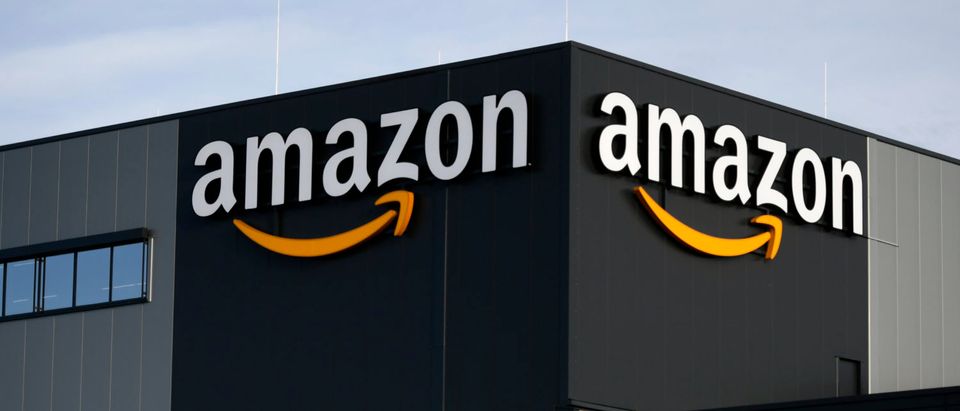Another day, another highly misleading statistic credulously reported by click-seeking news media.
A recent “analysis” by Americans for Tax Fairness (ATF) and the Institute for Policy Studies (IPS) looked at the Forbes net worth of America’s billionaires between March 18 and May 19 and found that the billionaires’ net worth grew by $434 billion. The study was widely reported by outlets on the left, right and center alike. There is just one problem: it’s nonsense.
Steve Goldstein, a reporter at MarketWatch (and apparently the only journalist who could be bothered to look past the attention-grabbing lede), questioned the study’s use of March 18 as the pandemic start date. After all, market concerns about the coronavirus began much earlier than mid-March.
Between the S&P 500’s peak on February 19 and the study’s March 18 start date, the S&P 500 dropped by about 30 percent, an absolutely catastrophic decline. Just a few days after March 18, fueled by growing investor confidence following a substantial federal response, markets began to recover. The market’s trend line since this recovery has been one of steady improvement — though it continues to be well below the February 19 peak.
Goldstein ran the same analysis of billionaires’ wealth between the more logical February 19 start date and May 19, finding that billionaires actually lost $232 billion. ATF and IPS show billionaires gaining wealth only because they cherry-picked data from the recovery period directly after the market dropped precipitously.
Yet, rather than questioning the data behind the counterintuitive claim that billionaires behind the nation’s largest corporations were somehow profiting off shutting their businesses down, media outlets across the board blasted out ATF and IPS’s report. As a result of the media’s insatiable and reckless pursuit of social media shares, millions of Americans believe a “fact” that isn’t true.
It’s not the first time that media outlets have set aside journalistic standards when faced with the potential to profit off of the large market for anti-billionaire hate clicks. Reports reliably surface whenever large corporations, particularly Amazon, pay no income tax in a given year, attracting a chorus of finger-waving from the usual suspects. The implication is, of course, that these big corporations are flexing their political muscle to get backroom sweetheart deals and swindle the American people.
Once again, though, that’s not the case. Amazon achieved its zero tax bill by using common deductions such as the Research and Development credit, full expensing of investments and carrying forward net operating losses. All widely available, well-known tax policy instruments that are defensible as being good policy. And, importantly, all provisions that enjoy bipartisan support.
Now, no one need shed a tear for billionaires and large corporations wrongly demonized during a crisis that has left tens of thousands of Americans dead and millions more out of a job. They can take it.
But no one benefits from the American public receiving misleading information from the news media they trust to keep them informed. The process of forming good policy is difficult enough on its own and it’s only made more difficult when Americans are misinformed on relatively simple, factual questions such as “did billionaires gain or lose money during this economic crisis?”
Andrew Wilford is a policy analyst with the National Taxpayers Union Foundation, a nonprofit dedicated to tax policy research and education at all levels of government.


